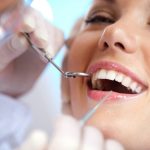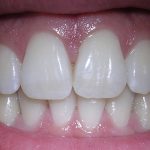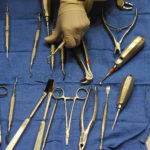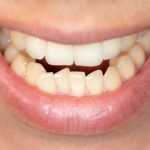Oral Health Alert: How Long Can You Go Without Brushing Your Teeth?

Oral health is an essential aspect of our overall well-being. Neglecting it can lead to various dental problems such as tooth decay, bad breath, gum diseases, and even tooth loss. Among the many practices that contribute to oral health, brushing teeth is one of the most crucial. Brushing removes food particles and plaque from our teeth, preventing the buildup of harmful bacteria in our mouths. However, many people wonder how long they can go without brushing their teeth before it becomes a problem. In this article, we will explore this question in-depth and provide you with the information you need to maintain good oral hygiene. Maintaining good oral hygiene is not only important for our dental health but also our overall health. Poor oral hygiene has been linked to several health issues such as heart disease, diabetes, and even some types of cancer. Therefore, it is crucial to understand how often we should brush our teeth to keep our teeth and gums healthy. While most dentists recommend brushing twice a day, some people may wonder if they can get away with brushing less frequently. In this article, we will delve into the science behind brushing and discuss how long you can go without brushing your teeth before it becomes a problem.
Maintaining good oral hygiene is crucial for overall health and well-being. Neglecting it can lead to a host of dental health problems, including gum disease, tooth decay, and bad breath. Poor oral hygiene can also contribute to other health problems, such as heart disease, stroke, and diabetes. Brushing twice a day, flossing daily, and visiting a dentist regularly can help prevent these issues. Additionally, a healthy diet low in sugar and high in nutrients can promote healthy teeth and gums. Taking care of your oral health not only benefits your smile but also contributes to your overall health and quality of life.
Brushing teeth is an essential part of oral hygiene that helps to keep teeth clean and healthy. Neglecting to brush teeth can lead to a build-up of plaque, which is a sticky film of bacteria that can cause tooth decay and gum disease. Additionally, plaque can produce acid that erodes tooth enamel and leads to cavities. Regular brushing helps to remove plaque and bacteria from the teeth and gums, preventing these problems from occurring. It is recommended to brush teeth at least twice a day, for two minutes each time, using a fluoride toothpaste and a soft-bristled brush. By making brushing a part of your daily routine, you can maintain good oral health and prevent painful and costly dental problems in the future.
Effects of Not Brushing Teeth
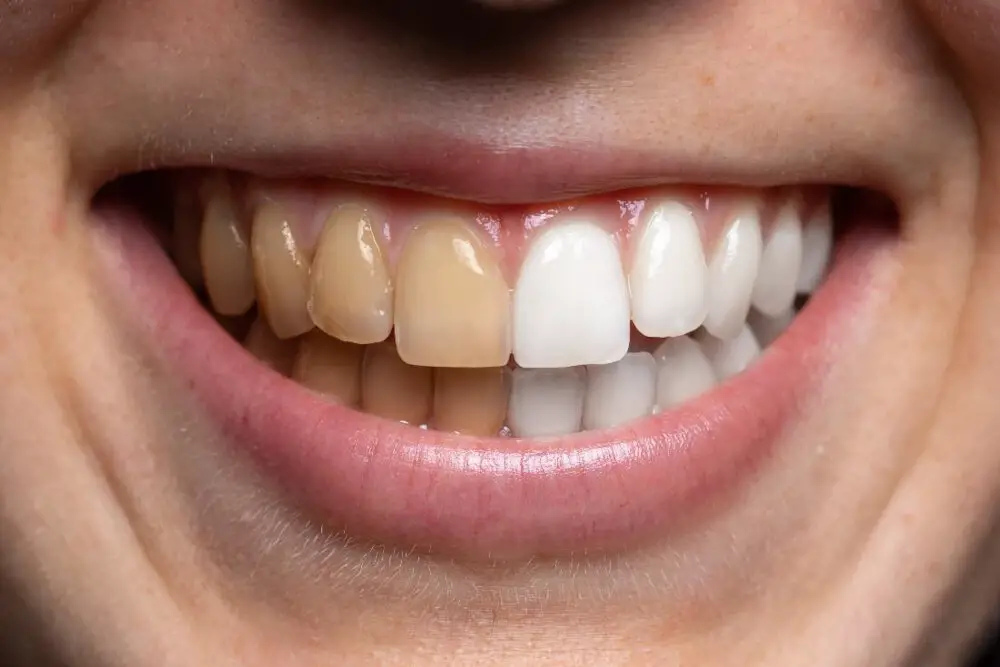
Neglecting to brush your teeth can have dire consequences for your oral health. The build-up of bacteria in your mouth can lead to tooth decay, gum disease, and bad breath. When you eat, the bacteria in your mouth feed on the food particles left behind, producing acids that erode your tooth enamel. Over time, this erosion can cause cavities and, in severe cases, even tooth loss. Gum disease can also develop when bacteria accumulate along the gum line, causing inflammation and bleeding. If left untreated, gum disease can progress to a more severe form called periodontitis, which can lead to bone and tooth loss. In addition to dental problems, not brushing your teeth can have other effects on your overall health. Studies have linked poor oral hygiene to an increased risk of heart disease, stroke, and respiratory infections. This is because the bacteria in your mouth can enter your bloodstream and travel to other parts of your body, causing inflammation and damage. In pregnant women, poor oral hygiene has been linked to preterm birth and low birth weight. Furthermore, bad breath caused by not brushing your teeth can be a major turn-off and affect your social life and self-confidence. Therefore, it is crucial to brush your teeth at least twice a day and maintain good oral hygiene habits to prevent these negative effects.
When we eat or drink, bacteria in our mouth produce acid, which can lead to the buildup of plaque and tartar on our teeth. Plaque is a sticky film of bacteria that forms on the teeth and can cause tooth decay and gum disease if not removed by brushing and flossing. Tartar, on the other hand, is a hardened form of plaque that can only be removed by a dental professional. Over time, the buildup of plaque and tartar can lead to serious oral health problems, including cavities, gum disease, and even tooth loss. Therefore, it is essential to maintain good oral hygiene habits, including regular brushing and flossing, to prevent the buildup of plaque and tartar and maintain a healthy smile.
Cavities and tooth decay are significant oral health risks that can cause pain, discomfort, and even tooth loss if left untreated. These issues occur when bacteria in the mouth feed on sugars and starches, producing acids that erode tooth enamel. Poor oral hygiene habits, such as not brushing teeth regularly, can increase the risk of cavities and decay. Additionally, consuming sugary and acidic foods and drinks can also contribute to the development of cavities. Maintaining good oral hygiene practices, such as brushing twice a day, flossing, and visiting the dentist regularly, can help prevent cavities and tooth decay and promote overall oral health.
Bad breath and an unpleasant taste in your mouth can be caused by a variety of factors, including poor oral hygiene, certain foods, and underlying health conditions. If left untreated, these issues can lead to more serious oral health problems, such as tooth decay and gum disease. Regular brushing and flossing, along with routine dental checkups, can help prevent these problems and keep your breath fresh and your mouth healthy. So, don’t neglect your oral hygiene and make it a part of your daily routine to brush twice a day and floss regularly to maintain good oral health.
Gum disease, also known as periodontitis, is a common condition that occurs when the gums become inflamed due to the build-up of plaque and bacteria around the teeth. Inflammation is the body’s natural response to infection, and in the case of gum disease, it can cause the gums to become red, swollen, and painful. If left untreated, gum disease can lead to tooth loss, as the inflammation can damage the bone and tissues that support the teeth. Regular brushing and flossing can help prevent gum disease, as well as regular dental check-ups and cleanings.
How Long Can You Go Without Brushing?

Neglecting oral hygiene can lead to a plethora of dental issues. Tooth decay, bad breath, gum diseases, and cavities are some of the problems that can arise from not brushing your teeth regularly. The question, \how long can you go without brushing?\ is relative to an individual’s dental health and hygiene practices. Generally, dentists recommend brushing twice a day, for at least two minutes, to maintain good oral hygiene. However, in some cases, people can go without brushing for a day or two without any significant problems. Nevertheless, it is always advisable to prioritize oral hygiene practices to avoid the risk of dental issues. Oral hygiene practices should be prioritized as they can affect an individual’s overall health. Poor oral hygiene can lead to the buildup of plaque and tartar, which can cause gum disease and tooth decay. The bacteria present in the mouth can also affect the body’s immune system, leading to other health issues. Therefore, it is essential to practice good oral hygiene, which includes brushing, flossing, and using mouthwash. Even if you miss brushing your teeth for a day, it is vital to ensure that you get back to your routine as soon as possible to maintain good oral health. Remember, prevention is always better than cure, and taking care of your teeth is the best way to prevent dental problems in the future.
Maintaining good oral hygiene is essential for a healthy mouth and overall well-being. Brushing your teeth regularly is one of the most important steps in preventing dental problems such as cavities, gum disease, and bad breath. The American Dental Association recommends brushing your teeth twice a day, for at least two minutes each time. This frequency helps to remove plaque and food particles that can accumulate on your teeth and gums throughout the day. It is also important to use fluoride toothpaste and to replace your toothbrush every three to four months. By following these guidelines, you can promote good oral health and keep your smile looking bright and healthy.
The time frame in which an individual can go without brushing their teeth can be affected by various factors. Firstly, the individual’s diet and consumption of sugary or acidic foods and beverages can increase the risk of tooth decay and plaque buildup, leading to a shorter time frame for going without brushing. Additionally, the individual’s oral hygiene habits, such as flossing, using mouthwash, and frequency of dental visits, can impact the time frame. Other factors such as genetics, medical conditions, and medication use can also play a role in the individual’s oral health and affect how long they can go without brushing their teeth. It is important to maintain good oral hygiene practices and seek professional dental care to ensure optimal oral health.
Neglecting to brush your teeth regularly can have severe consequences on your oral health. Plaque and bacteria will accumulate on your teeth, leading to tooth decay, gum disease, and bad breath. Over time, this can result in the loss of teeth and even bone deterioration in your jaw. Moreover, poor oral hygiene has been linked to other health conditions such as heart disease, diabetes, and respiratory infections. Therefore, it is crucial to maintain a consistent oral hygiene routine, including brushing twice a day, flossing, and visiting the dentist regularly, to prevent the long-term consequences of neglecting your oral health.
Tips for Maintaining Good Oral Hygiene
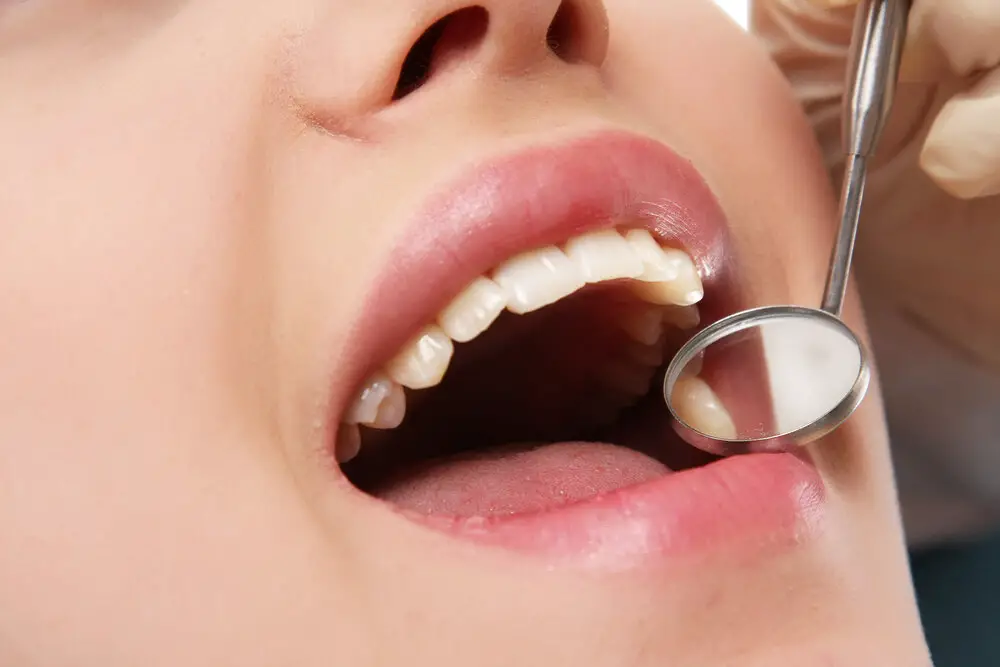
Maintaining good oral hygiene is crucial to keep your teeth and gums healthy. Poor oral hygiene can lead to several dental problems, including cavities, gum diseases, bad breath, and tooth loss. To maintain good oral hygiene, brushing your teeth twice daily is essential. Use a fluoride toothpaste and a soft-bristled brush to clean your teeth and gums gently. Brush your teeth for at least two minutes, making sure to clean all surfaces of your teeth thoroughly. Flossing your teeth once a day is also important. Flossing helps remove the food particles stuck between your teeth, which brushing alone cannot remove. By flossing, you can prevent plaque buildup and gum diseases. Another tip to maintain good oral hygiene is to avoid sugary and acidic foods and drinks. The bacteria in your mouth feed on the sugar and produce acid, which can erode your tooth enamel and lead to cavities. Drinking plenty of water is also recommended as it helps wash away the food particles and bacteria in your mouth. Additionally, visiting your dentist regularly for checkups and cleanings is crucial. Your dentist can detect any dental problems early and provide the necessary treatment before they worsen. With proper oral hygiene, you can keep your teeth and gums healthy, prevent dental problems, and maintain a beautiful smile.
Brushing technique and tools play a significant role in maintaining good oral health. When brushing, it is essential to use a soft-bristled brush and fluoride toothpaste. A good brushing technique involves holding the brush at a 45-degree angle to the teeth and gums and using gentle circular motions. It is also important to brush the tongue and roof of the mouth to remove any bacteria and freshen breath. Along with the traditional manual brush, electric toothbrushes are also effective tools for brushing. They provide a more thorough clean and can remove plaque and debris in hard-to-reach areas. By using the correct brushing technique and tools, you can keep your teeth and gums healthy and prevent dental problems.
Maintaining good oral hygiene not only involves brushing your teeth but also includes flossing and using mouthwash. Flossing helps to remove plaque and food particles from between your teeth and gums, which cannot be reached by brushing alone. Neglecting to floss can lead to tooth decay, gum disease, and bad breath. Similarly, using mouthwash can help to kill bacteria and freshen breath. It is important to choose a mouthwash that is alcohol-free to prevent dry mouth and other potential health risks. Incorporating flossing and mouthwash into your daily oral hygiene routine can ensure that your teeth and gums remain healthy and your breath stays fresh.
Diet plays a significant role in maintaining good oral health. Consuming a diet high in sugar and carbohydrates can contribute to tooth decay and gum disease. When sugar and carbohydrates are not adequately cleaned from the teeth, they attract harmful bacteria that produce acid that erode the enamel and cause cavities. Additionally, acidic foods and drinks such as citrus fruits and soda can also cause damage to the teeth. Eating a balanced diet that includes plenty of fruits and vegetables, lean protein, and whole grains can help keep teeth healthy and strong. It is also important to limit sugary and acidic foods and drinks, and to brush and floss regularly to remove food particles and bacteria from the mouth.
Common Myths about Brushing Teeth
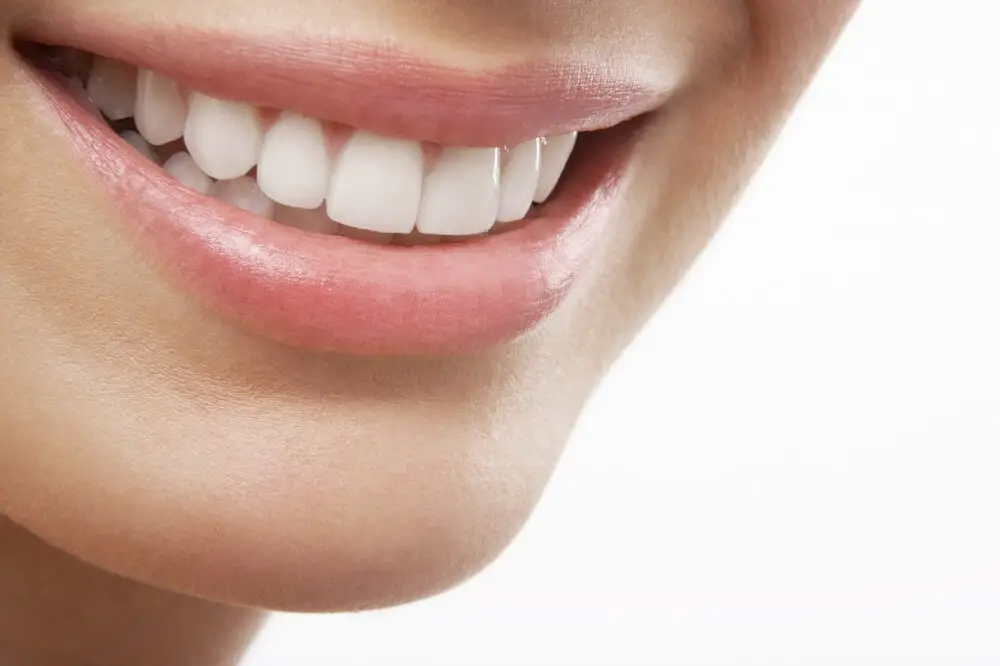
Brushing teeth is a fundamental activity that we all must perform daily. However, there are some myths about brushing teeth that can lead to confusion and misinformation. One common myth is that brushing teeth harder and longer will yield better results. This is not true as brushing too hard and too long can actually damage the enamel and gums. It is recommended to brush teeth gently for two minutes each time, twice a day. Another myth is that brushing teeth immediately after eating acidic foods and drinks will protect the teeth. This is not true as brushing teeth right after consuming acidic substances can erode the enamel, which is the protective layer of the teeth. It is recommended to wait for at least 30 minutes after eating or drinking acidic substances before brushing teeth. This will allow time for the saliva to neutralize the acidity in the mouth, protecting the enamel from erosion. Understanding these common myths can help us maintain proper brushing habits and improve our oral health.
There is a common myth that brushing harder leads to cleaner teeth, but this is not true. In fact, brushing too hard can damage your teeth and gums, causing them to become sensitive and even leading to gum recession. It’s important to use a soft-bristled brush and gentle pressure when brushing your teeth to effectively remove plaque and prevent damage to your oral health. Additionally, using an abrasive toothpaste or brushing too frequently can also harm your teeth. It’s recommended to brush twice a day for two minutes each time with a fluoride toothpaste and to visit your dentist regularly for cleanings and check-ups. By following these guidelines, you can ensure your teeth remain healthy and clean without causing damage in the process.
Many people believe that skipping brushing occasionally is not a big deal, but this is a common myth that can have serious consequences for your oral health. When you don’t brush your teeth regularly, plaque and bacteria can accumulate on your teeth, leading to tooth decay, gum disease, and other dental problems. Even missing just one day of brushing can allow harmful bacteria to grow and multiply, which can cause bad breath, tooth discoloration, and other unpleasant symptoms. It’s important to establish good oral hygiene habits and stick to them consistently to maintain a healthy and beautiful smile.
One of the most common myths regarding oral health is that brushing after meals is unnecessary. This is a dangerous misconception that can lead to serious dental problems such as cavities, gum disease, and bad breath. Food particles left in your mouth after meals provide a breeding ground for bacteria, which can quickly multiply and cause havoc in your mouth. Brushing after meals removes these particles, preventing bacteria from causing damage to your teeth and gums. Failing to brush after meals can also cause acid buildup in your mouth, which can erode your tooth enamel and lead to tooth sensitivity. Therefore, it is crucial to brush your teeth after every meal to maintain good oral hygiene and prevent dental problems.
Maintaining oral hygiene is crucial for overall health and well-being. Brushing teeth twice a day is essential to remove plaque and harmful bacteria that can lead to tooth decay, gum disease, and bad breath. Neglecting to brush regularly can lead to the accumulation of harmful bacteria that can cause cavities, gum inflammation, and even tooth loss. In addition, poor oral hygiene has been linked to several health conditions such as heart disease, diabetes, and respiratory infections. Therefore, it is important to prioritize oral health and make sure to brush teeth regularly to maintain a healthy mouth and body.
Maintaining good oral hygiene habits is of utmost importance for both our dental and overall health. Poor oral hygiene can lead to various dental issues such as cavities, gum disease, and bad breath. Moreover, research shows that there is a link between poor oral health and several systemic diseases such as heart disease, diabetes, and even certain types of cancer. Therefore, it is essential to develop good oral hygiene habits, including brushing twice a day, flossing daily, using mouthwash, and visiting the dentist regularly. By doing so, we can ensure that our teeth and gums remain healthy, and we can prevent any potential dental and systemic health issues.
It’s crucial to seek professional dental care regularly to maintain good oral health. Regular check-ups and cleanings can help prevent serious dental problems such as gum disease, cavities, and tooth loss. Neglecting your teeth can lead to painful and expensive procedures in the future. It’s important to remember that brushing and flossing alone are not enough to maintain optimal oral health. A dentist can identify and treat any issues early on, giving you peace of mind and saving you from potential discomfort and costly interventions. Taking care of your teeth is an investment in your overall health and wellbeing, so don’t neglect it!
Conclusion
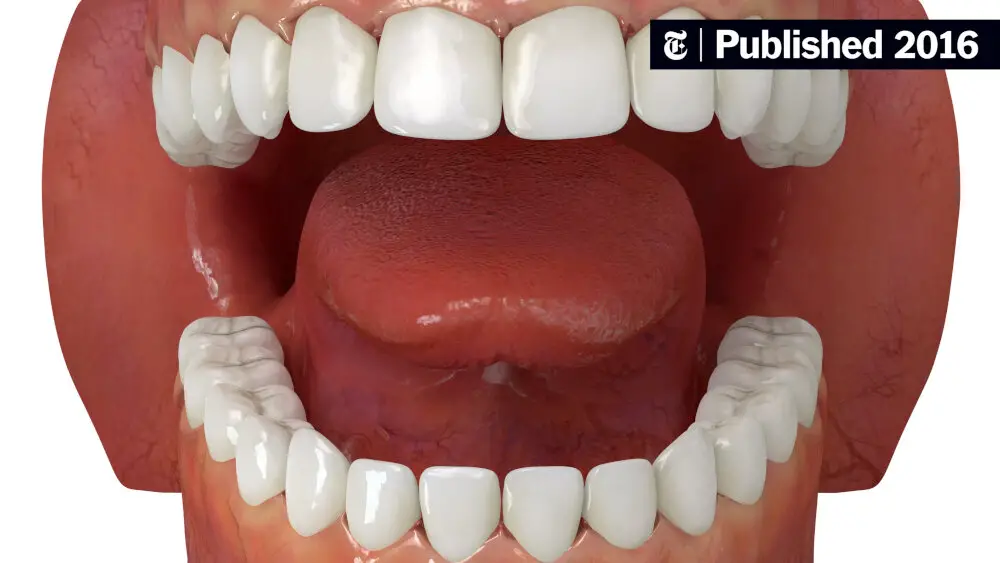
In conclusion, maintaining good oral hygiene is crucial for our overall health and well-being. Neglecting to brush our teeth regularly can lead to a host of dental problems, including bad breath, tooth decay, and gum disease. While the length of time one can go without brushing their teeth may vary, it is recommended to brush twice a day for two minutes each time. Additionally, flossing and using mouthwash can further improve oral health. By prioritizing dental care, we can ensure a healthy smile and prevent potential health issues down the line.

